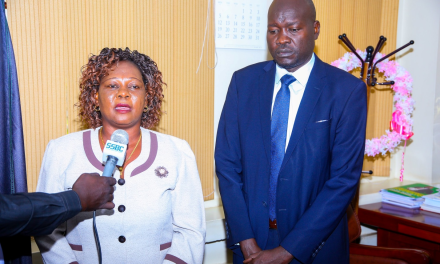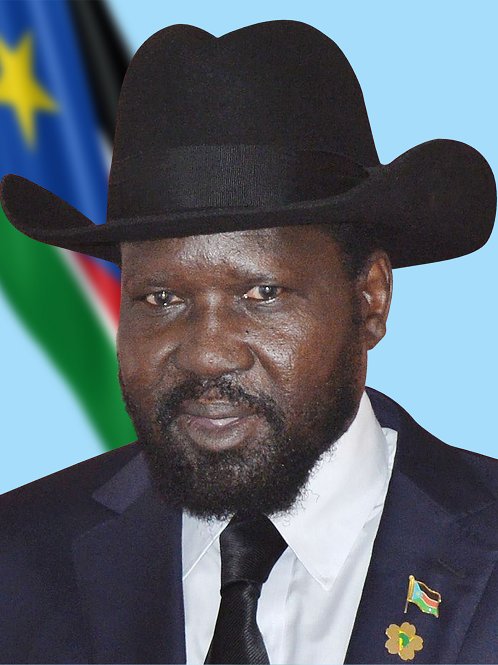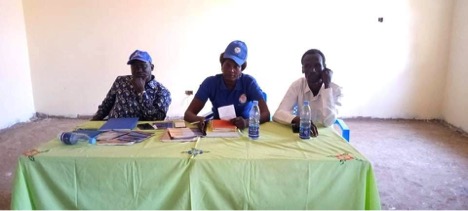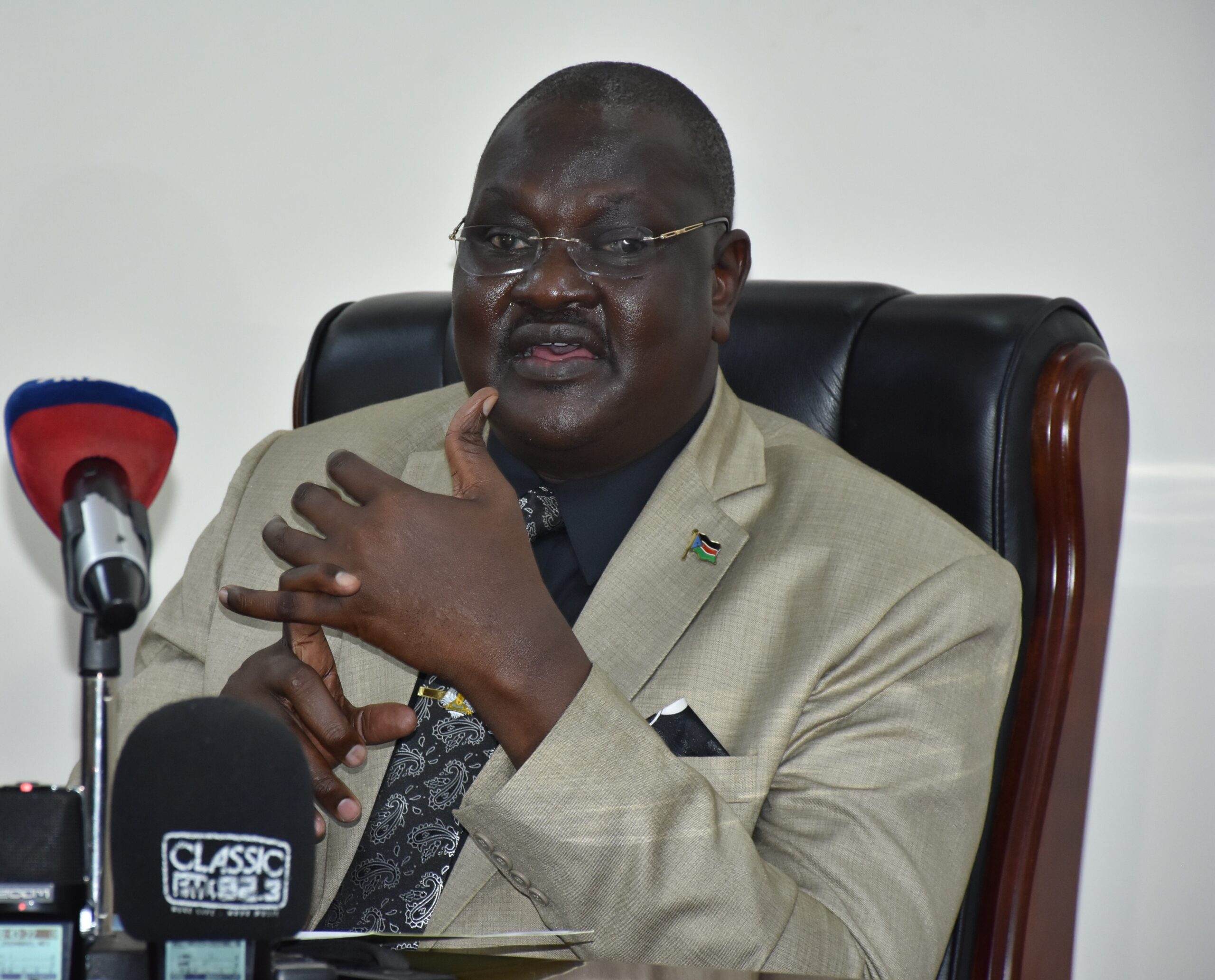
Bloodshed in South Sudan hurts region, official warns
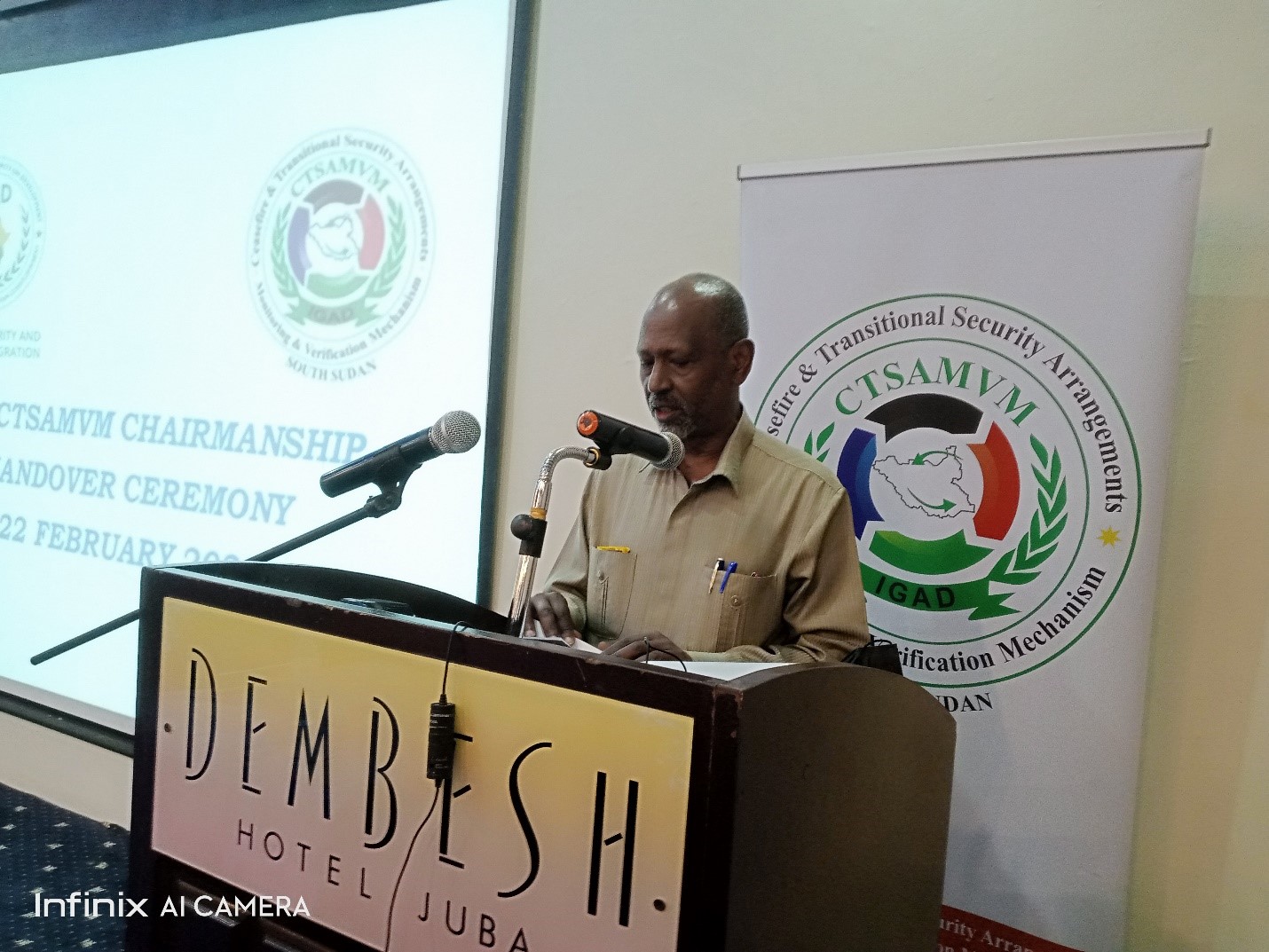
By Simon Deng
Continuous bloodshed in South Sudan continues to pain the East African region, especially with the fact that steps are not being undertaken critically to address it, Ismail Wais, the Special Envoy for the Intergovernmental Authority on Development in South Sudan, a regional bloc, said.
Speaking at a ceremony to welcome a new chairperson for the ceasefire monitoring team in Juba, Wais called on the international community to continue helping South Sudan attain peace.
“This country is still bleeding from communal fight here and there and everywhere, it needs support,” Wais said.
“When one of the members of this region is in trouble the whole region will be also in despair and trouble,” he said.
“I would really like to appeal to the international community to stand with the people of South Sudan in supporting the peace process.”
Wais warned the peace implementation in South Sudan is also facing many challenges including the constitution making process, the judicial reform activities and the implementation of security arrangement.
The new chairperson for the Ceasefire and Transitional Security Arrangements Monitoring and Verification Mechanism (CTSAMVM), Asrat Denero Amad, said the mechanism will continue monitoring compliance on ceasefire and that it will deliver the peace to its successful end.
Amad, from Ethiopia, replaces Major General Teshome Gemechu Aderie who departs CTSAMVM after 2 years.
“As I accept this position, I wish to express my willingness and readiness to bring change to the CTSAMVM by taking advantage of the already established system and assessing the gaps that need to be reached,” he said.
“My main focus will be CTSAMVM for values of neutrality, impartiality and independence in order to meet the mechanism to successful implementation of the mandate.”
Charles Tai Gituai, the chairperson for the Reconstituted Joint Monitoring and Evaluation commission said the implementation of the peace agreement is in its final year, but with several provisions in the agreement is still pending.
“It is important to remember that we are entering a very critical moment towards the end of the agreement. We believe that there is a lot of work ahead,” Gituai said.


